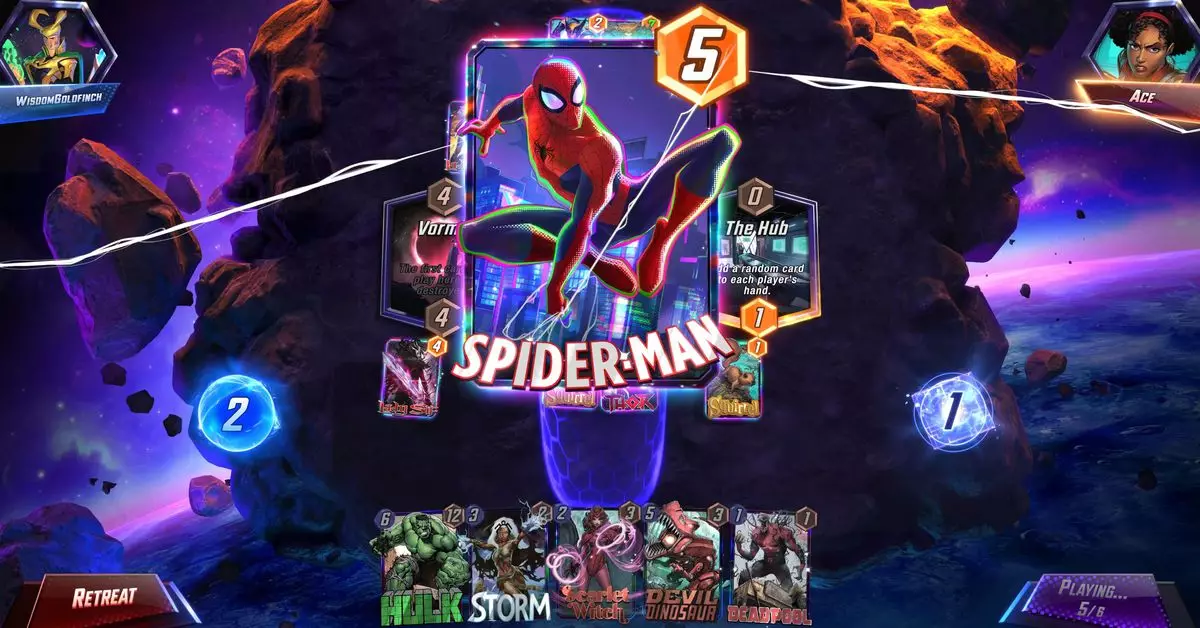In a rapidly evolving landscape of digital entertainment, the recent turmoil surrounding Marvel Snap highlights the precarious nature of mobile gaming in relation to geopolitical shifts. Following a government law aimed at banning TikTok and other applications owned by ByteDance, players found themselves abruptly cut off from the popular card game this past Saturday night. As an entity closely connected to ByteDance through its publisher, Nuverse, Marvel Snap faced immediate repercussions that affected its gamers across the United States.
The ban on ByteDance-owned applications reflects broader concerns regarding data privacy and security. While many users of TikTok experienced a relatively brief interruption—service resumed after approximately six hours—the longer-term effects on games like Marvel Snap are yet to be fully assessed. This episode has underscored a critical vulnerability: games under foreign ownership can quickly find themselves entangled in international disputes, leading to sudden service disruptions. The incident raises vital questions about the sustainability of game publishing and distribution in a world where geopolitical tensions increasingly dictate market access.
A Pledge for Future Stability
In light of these events, Second Dinner, the game’s developer, has taken proactive steps by announcing intentions to “bring more services in-house.” This strategic pivot could function both as a safeguard for the game’s future and as a method to foster greater direct communication with its audience. Moreover, the prospect of partnering with a new publisher aims to create a buffer against similar legislative interruptions. Although such transitions can be fraught with challenges, the commitment to self-management signals a desire to enhance the resilience of Marvel Snap.
As it stands, while Marvel Snap remains inaccessible on platforms such as the App Store and Google Play, its Steam listing persists, allowing PC players to engage with the game. Meanwhile, the game’s community has taken to social media platforms to voice their frustration and seek clarity about future occurrences. The developer has maintained communication throughout the ordeal, utilizing in-game notifications that inform players about the ongoing situation. This transparent approach could serve to strengthen the bond between the developers and their user base, as players await updates eagerly.
The case of Marvel Snap exemplifies the volatile intersection of technology, entertainment, and international law. While the game might have weathered the initial storm, the real challenge lies in developing a strategy that will ensure uninterrupted access in the future. Players will intimately watch the steps taken by Second Dinner and its potential new publisher, hoping for a fortified experience that transcends geopolitical uncertainties. As digital landscapes continue to shift, the significance of ownership, security, and resilience is more crucial than ever for developers and players alike.


Leave a Reply